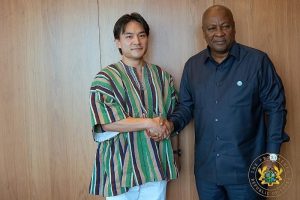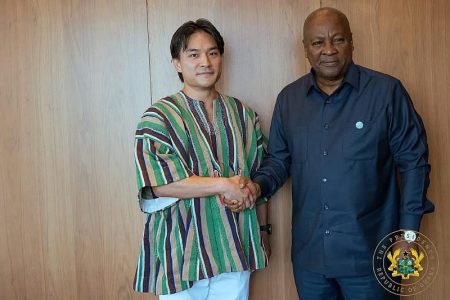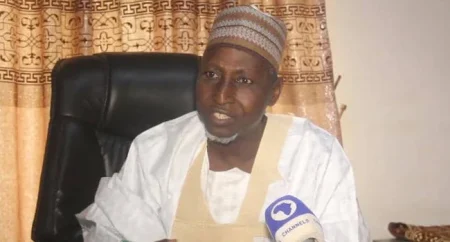Paragraph 1: Wike’s Endorsement and Political Pragmatism
Federal Capital Territory (FCT) Minister Nyesom Wike delivered a clear message of political pragmatism during the inauguration of water supply projects in Karu: align with the ruling power for tangible benefits. He explicitly linked government support to backing President Bola Tinubu’s administration, emphasizing the importance of having influential advocates within the government’s inner circle. This statement, made while commending former Senator Philip Aduda and Abuja Municipal Area Council (AMAC) Chairman Christopher Maikalangu, underscores Wike’s transactional approach to politics, prioritizing development through access and influence. He presented a stark choice to the residents: support those who have the ear of the government or be left behind.
Paragraph 2: Rewarding Loyalty and Access
Wike’s endorsement of Aduda and Maikalangu went beyond mere praise; it involved concrete promises. In response to Aduda’s request, Wike pledged to construct a 2km road in Karu, highlighting the former senator’s ability to secure government attention. This public display of favoritism reinforces Wike’s message that political influence translates to tangible development for the community. He further solidified this message by commending Maikalangu’s “access to government” and the resulting delivery of projects like the Saburi, Kabusa-Takushere, and Deidei roads. This emphasis on access portrays Wike as a results-oriented leader who rewards those who effectively navigate the political landscape to benefit their constituents.
Paragraph 3: Transactional Politics and the Promise of Development
Wike’s approach can be characterized as transactional politics, where support is exchanged for tangible benefits. He explicitly stated his willingness to fulfill Maikalangu’s requests if he wins re-election, regardless of party affiliation, as long as he supports Tinubu. This overt declaration underscores the primacy of political allegiance over ideological or party lines in Wike’s governance philosophy. It further suggests that development projects are strategically deployed as rewards for loyalty, creating a system where political support is incentivized through the allocation of resources.
Paragraph 4: Contrasting Past Failures with Current Delivery
Wike contrasted his administration’s delivery of the Karu water projects with the perceived failures of previous governments. He highlighted the unmet need for potable water in the community, emphasizing that the Tinubu administration was fulfilling a promise where others had fallen short. This narrative serves to establish a direct link between the current government and tangible improvements in the lives of residents, positioning Tinubu as a deliverer of essential services. By drawing this contrast, Wike aims to solidify support for the current administration, casting it as responsive and attentive to the needs of the people.
Paragraph 5: The Covenant of Delivery and Political Memory
Wike framed the provision of water in Karu as a “covenant” between the government and the people, emphasizing the reciprocal nature of political support and service delivery. He asked rhetorical questions to reinforce the idea that residents should remember those who deliver on their promises and forget those who neglect their needs. This appeal to political memory seeks to solidify the link between the Tinubu administration and positive change, encouraging voters to reward performance in future elections. The concept of a covenant implies a binding agreement, suggesting that continued support is expected in return for the provision of essential services.
Paragraph 6: The Political Landscape and Future Implications
The political context surrounding Wike’s statements adds another layer of complexity. Aduda, a former PDP senator, and Maikalangu, seeking re-election on the APC platform after defecting from the PDP, exemplify the fluid nature of political alliances in the FCT. Wike’s embrace of both individuals, despite their differing party backgrounds, reinforces his focus on political pragmatism and loyalty to the Tinubu administration. This cross-party maneuvering suggests a strategic effort to consolidate support for the ruling party and minimize opposition within the FCT’s political landscape. It also highlights the potential for shifting alliances and the prioritization of access and influence over traditional party loyalties in the pursuit of development projects and political power.














